T4K3.news
MTD ITSA expands to self-employed and landlords
From 6 April 2026, quarterly digital updates are required for those earning over £50,000; the new regime replaces the current self assessment system.
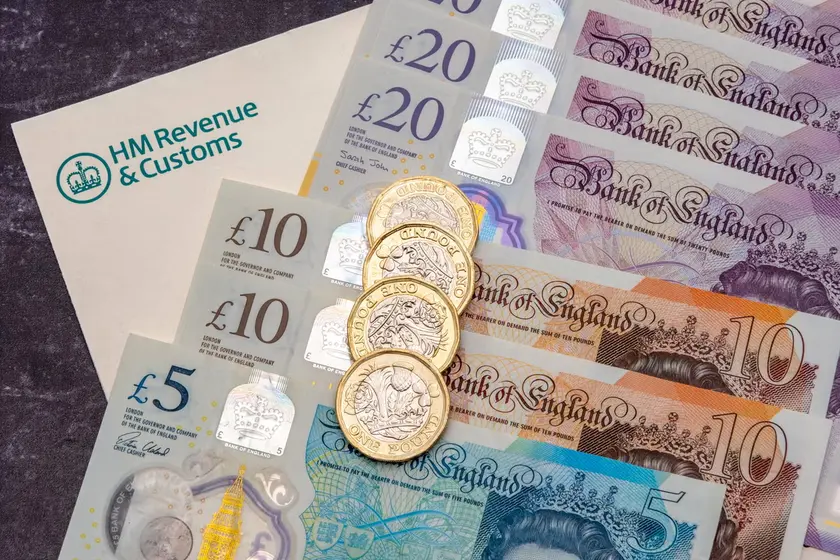
An overview of Making Tax Digital for Income Tax Self Assessment expansion and what it means for freelancers and landlords.
MTD ITSA changes take effect for self-employed and landlords in 2026
From 6 April 2026, Making Tax Digital for Income Tax Self Assessment applies to sole traders and landlords with a combined gross income from self-employment and property above £50,000 in the 2024/25 tax year. Affected taxpayers must keep digital records and file four quarterly updates using HMRC compatible software, followed by a final declaration each year. The change replaces the current self assessment tax return. The government says the reform will modernise the tax system and close the tax gap, but critics argue HMRC has not explained the rules clearly and that the move will cost freelancers extra time and money.
The threshold will fall to £30,000 from April 2027 and then to £20,000 in April 2028. VAT registered firms have a head start, but many sole traders and landlords will face the switch. Taxpayers can use bridging software or full MTD software, with providers including Coconut, 123 Sheets, FreeAgent and Xero. Industry voices note that some users can still rely on basic spreadsheets, but software helps connect data and keeps records audit-ready. A FreeAgent survey shows knowledge gaps, with 39 percent of respondents never hearing of MTD and almost 60 percent saying they lack sufficient guidance. A penalties system will start in April 2026, charging one penalty point per late quarterly submission, four points triggering a £200 fine, and points expiring after 24 months if compliance improves. A HMRC pilot program is available now to help taxpayers test the process before the full rollout.
Key Takeaways
"There's a misconception that you have to use expensive, fully integrated software for this. The truth is, you can still use a simple spreadsheet for your digital records."
Arjun Kumar on software costs and choices
"This lack of clarity seems to stem from the complexity of the changes."
Jon Martingale on communication gaps
"Filing taxes used to be a free service completed annually, so introducing the need to use software quarterly will invariably introduce costs to the taxpayer."
Manase Mtopa on cost impact
"Whether they’re fair is subjective."
Brad Wilkinson on the penalties system
The plan pushes many freelancers toward a more disciplined digital routine. On the surface, it promises clearer records and fewer errors. In practice, the cost of software, data entry, and learning new processes could be a real burden for those with simple tax affairs. The government argues the changes align with modern business practices, but critics warn the messaging is unclear and the transition could hit small players hardest. The shift also tests the appetite for a long-term compliance regime that ties tax to quarterly habits rather than annual mood swings in accounts. Public understanding and timely guidance will determine whether this reform delivers the promised benefits or creates new friction.
Highlights
- Digital records are the new baseline for tax
- Spreadsheets work but software saves time
- Public awareness on MTD ITSA remains low
- Better guidance will decide the rollout's success
Policy rollout faces political and budget risks
The shift to MTDITSA is a political policy change that could invite public backlash if costs and complexity hit freelancers and small landlords hard. Limited public awareness raises risk of non-compliance and uneven rollout. The government also faces budget and administrative challenges in implementing the new system.
The digital shift will test small business resilience in a changing tax landscape.
Enjoyed this? Let your friends know!
Related News
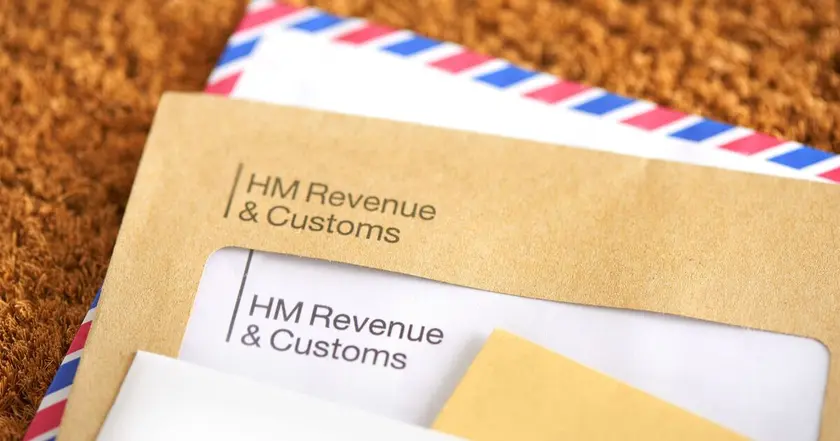
UK tax update underway
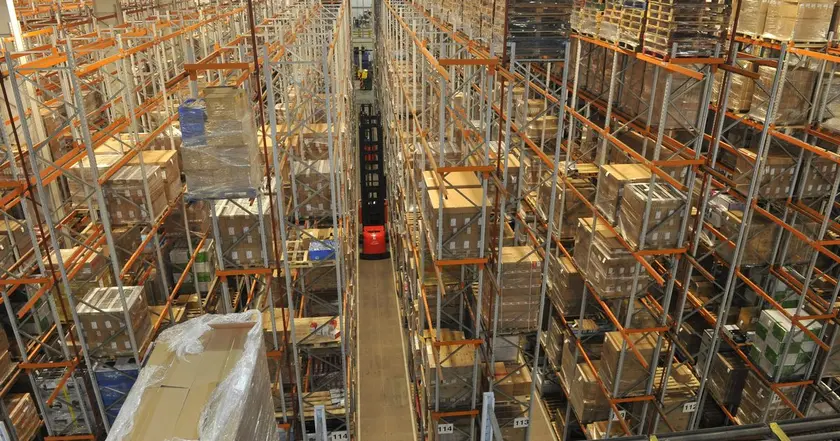
Ebuyer faces winding up petition
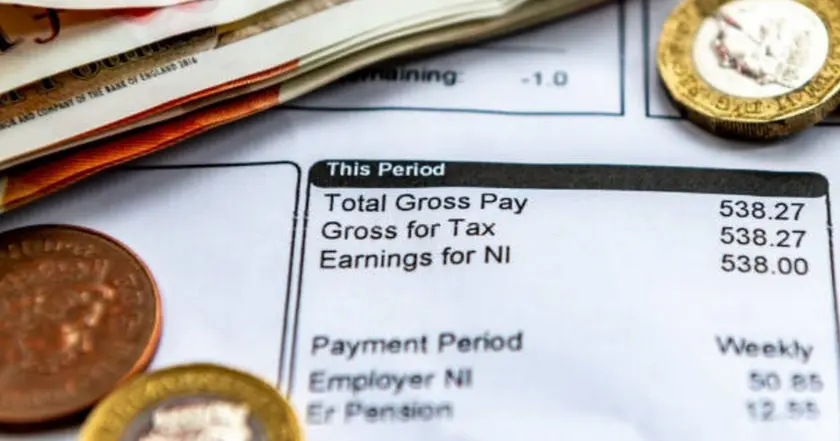
Tax Digital update for high earners

Lazenby Group announces expansion and job creation

Ted Baker plans return to high street after bankruptcy

Tesla robotaxi expansion raises safety concerns
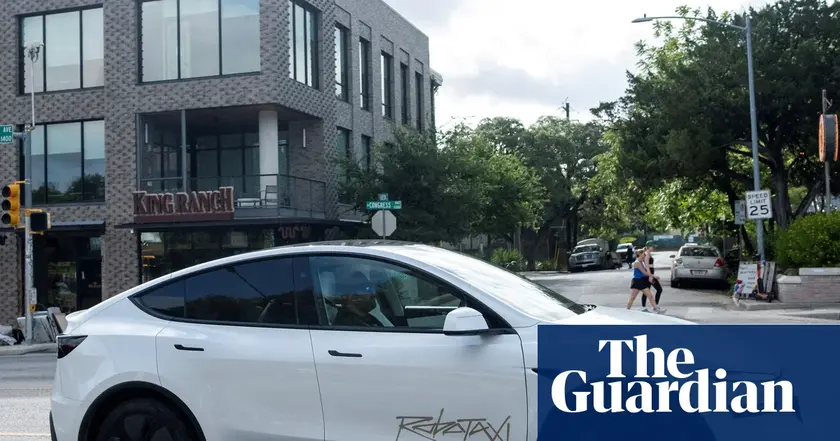
Elon Musk's robotaxi service faces regulatory investigation
Eddie Palmieri, Iconic Salsa Pianist, Passes Away at 88
